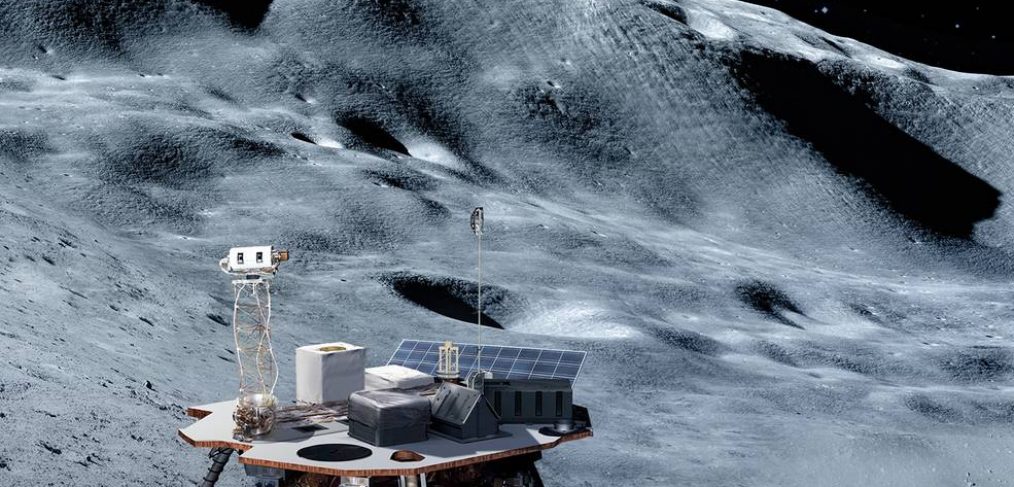
NASA Selects 12 New Lunar Science, Technology Investigations
Dr. R. Aileen Yingst of the Planetary Science Institute, Tucson, Arizona, and former Wisconsin Space Grant Director, has been selected by NASA to lead one of 12 new science and technology payloads that will help us study the Moon and explore more of its surface as part of the agency’s Artemis lunar program. These investigations and demonstrations will help the agency send astronauts to the Moon by 2024 as a way to prepare to send humans to Mars for the first time.
Dr. R. Aileen Yingst is the principal investigator of Hemidall, a flexible camera system for conducting lunar science on commercial vehicles. This innovation includes a single digital video recorder and four cameras: a wide-angle descent imager, a narrow-angle regolith imager, and two wide-angle panoramic imagers. This camera system is intended to model the properties of the Moon’s regolith – the soil and other material that makes up the top later of the lunar surface – and characterize and map geologic features, as well characterize potential landing or trafficability hazards, among other goals.

